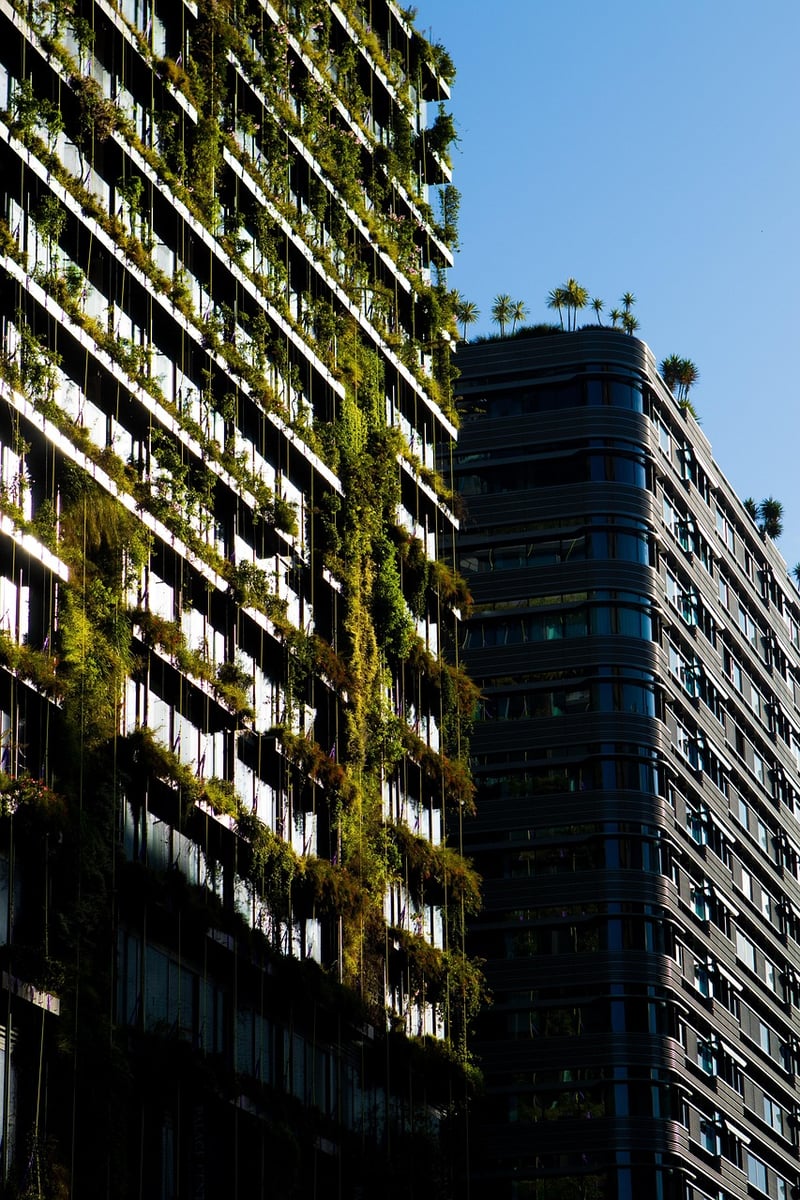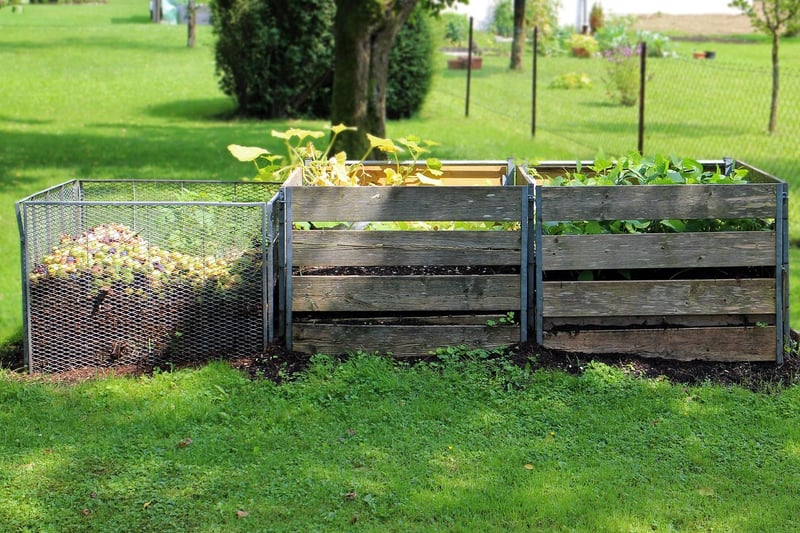Homemade compost bins
Crafting Sustainable Solutions for Urban Gardens
Urban gardening has become increasingly popular as people seek to reconnect with nature, grow their own food, and create green spaces in cities. However, gardening in urban environments comes with its challenges, such as limited space and access to resources. In this article, we will explore sustainable solutions for urban gardens and how to make homemade compost bins to enrich your garden soil naturally.
Why Choose Sustainable Solutions for Urban Gardens?
Sustainability is essential for urban gardening to minimize environmental impact, conserve resources, and promote biodiversity. By adopting sustainable practices, urban gardeners can create thriving green spaces that benefit both the environment and the community.
Sustainable Solutions for Urban Gardens
1. Vertical Gardening
Vertical gardening is an excellent space-saving solution for urban gardens. By growing plants vertically on walls or trellises, you can maximize your growing area and create a visually appealing garden.

2. Rainwater Harvesting
Collecting rainwater in barrels or tanks is a sustainable way to water your garden without relying on municipal water sources. Rainwater is free of chemicals and is beneficial for plants.

3. Companion Planting
Companion planting involves growing different plants together to improve soil health, repel pests, and enhance growth. This natural gardening technique reduces the need for chemical pesticides.

Homemade Compost Bins
Composting is a sustainable way to recycle kitchen scraps and garden waste into nutrient-rich soil for your plants. Making a homemade compost bin is easy and cost-effective.
Materials needed:
- Plastic bin with a lid
- Drill
- Brown and green organic waste (e.g., fruit peels, coffee grounds, leaves)
Instructions:
- Drill holes in the bin for aeration.
- Layer brown and green waste in the bin.
- Keep the compost moist and aerated by turning it regularly.
- After a few weeks, your homemade compost will be ready to use in the garden.
By incorporating homemade compost into your urban garden, you can improve soil fertility, retain moisture, and reduce the need for chemical fertilizers.
Embrace sustainable solutions for your urban garden and reap the benefits of a thriving green space that nourishes both plants and the environment.
